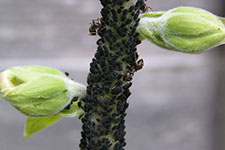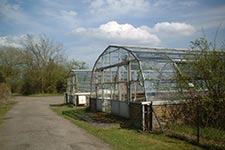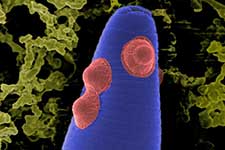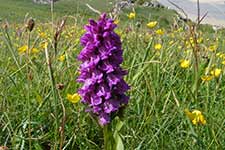Ecology
The Ecology group focuses on the interaction between organisms and their environment in aquatic and terrestrial ecosystems.
Much research by staff and students in this group is conducted at the University’s field station at Bayfordbury which is also a County Wildlife Site. The 40 hectare (ha) site has two woodlands (18 ha and 4 ha), grassland plots, a large lake, various ponds, glasshouses and amenity grassland.
This range of habitats, together with on-going monitoring of weather conditions and access to laboratory facilities, provides the opportunity for students and staff to carry out ecological research on-site and build on the historical records for the site.
The group has a strong aquatic ecology focus headed by Dr Veronica-Edmonds Brown, who is the county recorder for caddisfly and stonefly. Dr Edmonds Brown is an expert in freshwater ecosystems. Key areas of interest include fresh water ecology, urban river systems, and captive rearing of aquatic invertebrates for life history tables.
In addition, Dr Edmonds-Brown has been running a captive breeding programme for the native British crayfish and monitors the pure genetic stock of crucian carp at the lake at Bayfordbury field station.
The field station also has glasshouses where an artificial stream has been created and research on aquaponics is taking place.
Dr Chantal Helm has recently joined the team and has interests in plant ecology, plant herbivore interactions and ecological surveying and monitoring of plants, mammals (including bats, dormice, badgers and small mammals), amphibians and reptiles. Her background is in wildlife management in the savannahs and grasslands of South Africa.
Other research includes the ecology of lichens and mosses by Dr Agneta Burton, nematodes and soil ecosystem services by Dr Keith Davies, orchid ecology and taxonomy by Dr Ian Denholm and animal movement by Dr Alla Mashanova.



